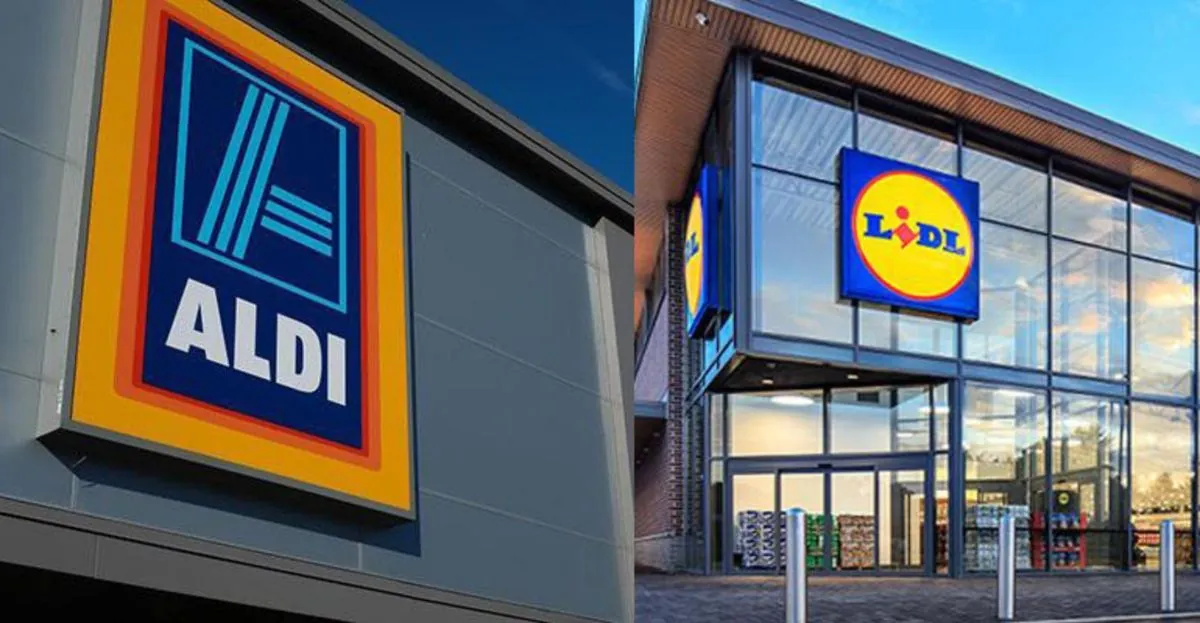The Treasuryʼs new business-rates plan could give german discounters a big edge in britainʼs grocery market. Under the planned changes large-format stores will pay more tax while smaller shops get discounts (which helps Aldi and Lidlʼs business model)
Property data firm Altus shows that Tesco‚ Sainsburyʼs‚ Morrisons and Asda might pay higher taxes on over 1500 big stores; while Aldi and Lidl only have 42 stores that would fall into the high-tax group. The changes will affect properties worth £500000 or more – most discounter stores dont reach this threshold
Ryan McDonnell‚ Lidl UKʼs leader announced about two weeks ago their quick growth plans:
- 18 new stores opening in next few months
- 40 more shops planned for next financial year
- 300000 new shoppers joined last year
- Market share grew from 6.9% to 7.7% in past 2 years
The market position of Aldi looks strong too: their share went up to 10.4% from 10% since late-22. Last fall they promised to put £800m into UK growth
Former Lidl UK chief Ronny Gottschlich thinks these tax changes might force big chains to change their pricing – especially in large stores where costs will go up. Traditional stores usually keep lower prices in big locations; but higher business-rates could make this hard to maintain
The Treasuryʼs spokesperson says they want a fair system thats good for high streets; starting 2026-27 theyll have special rates for retail hospitality and leisure spots. However retail sector estimates suggest a £7bn hit from recent National Insurance and minimum-wage changes
